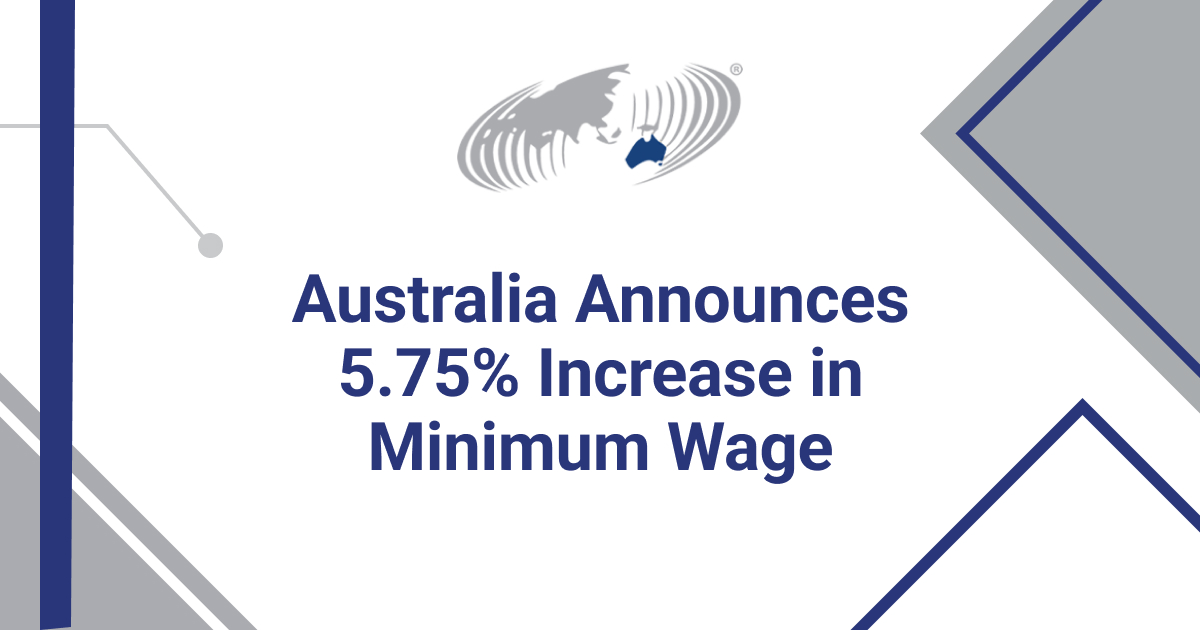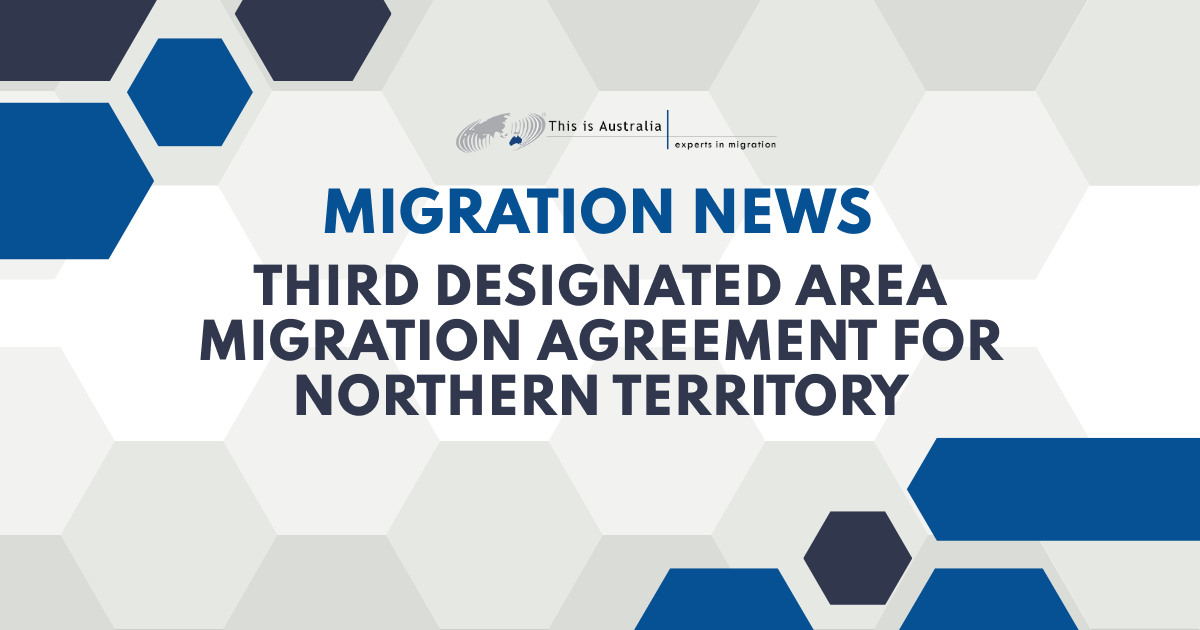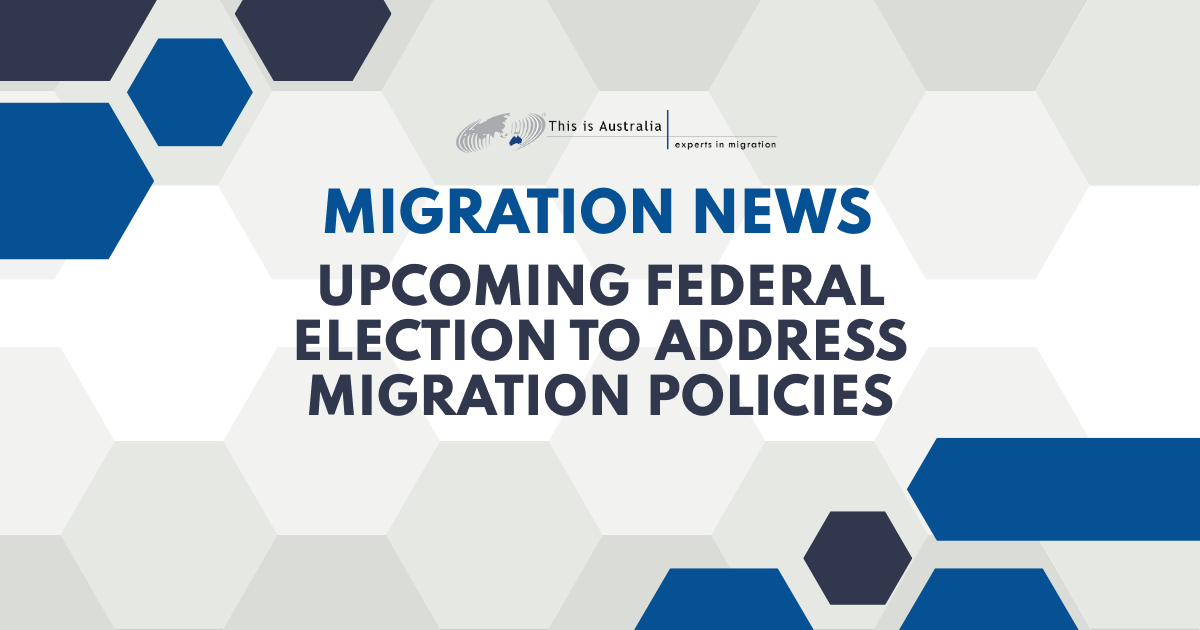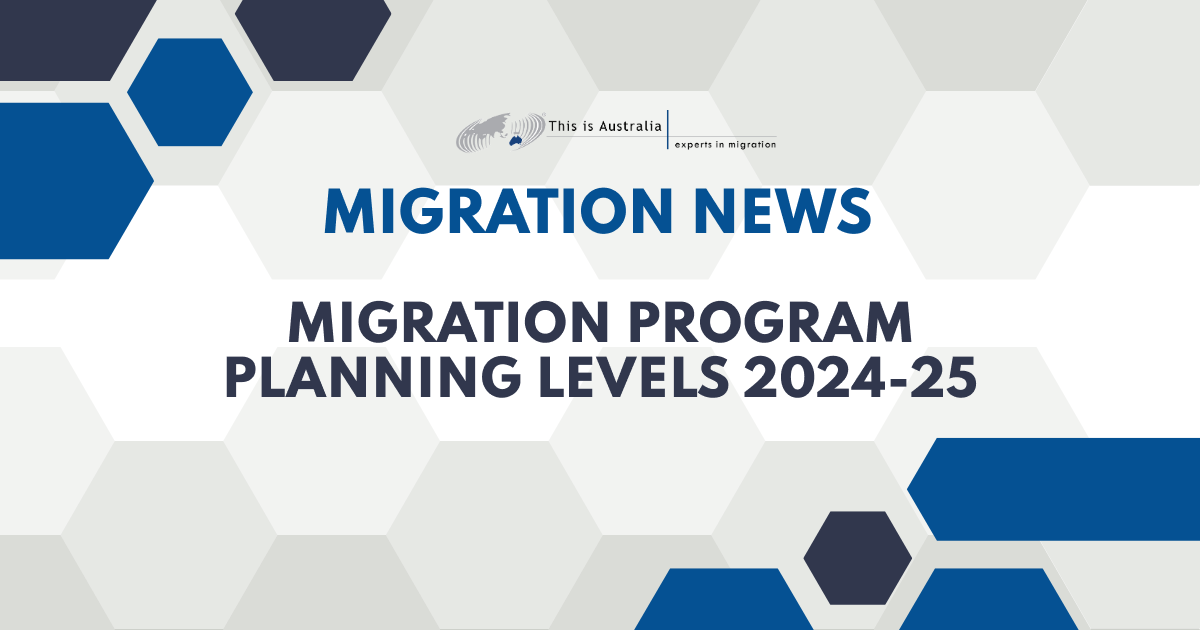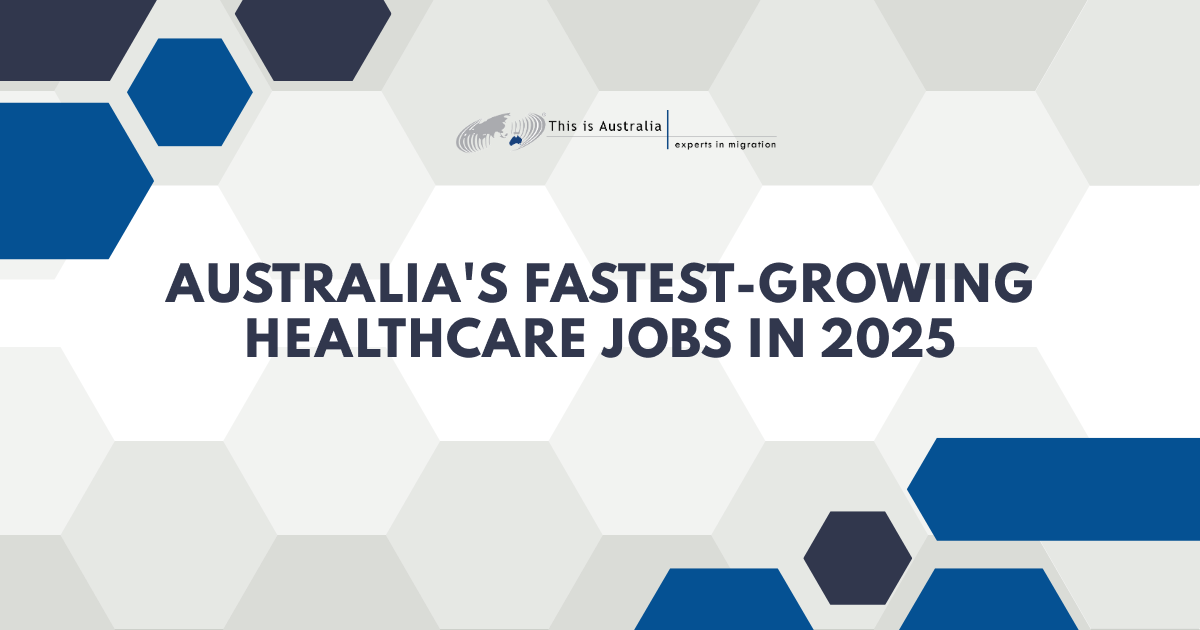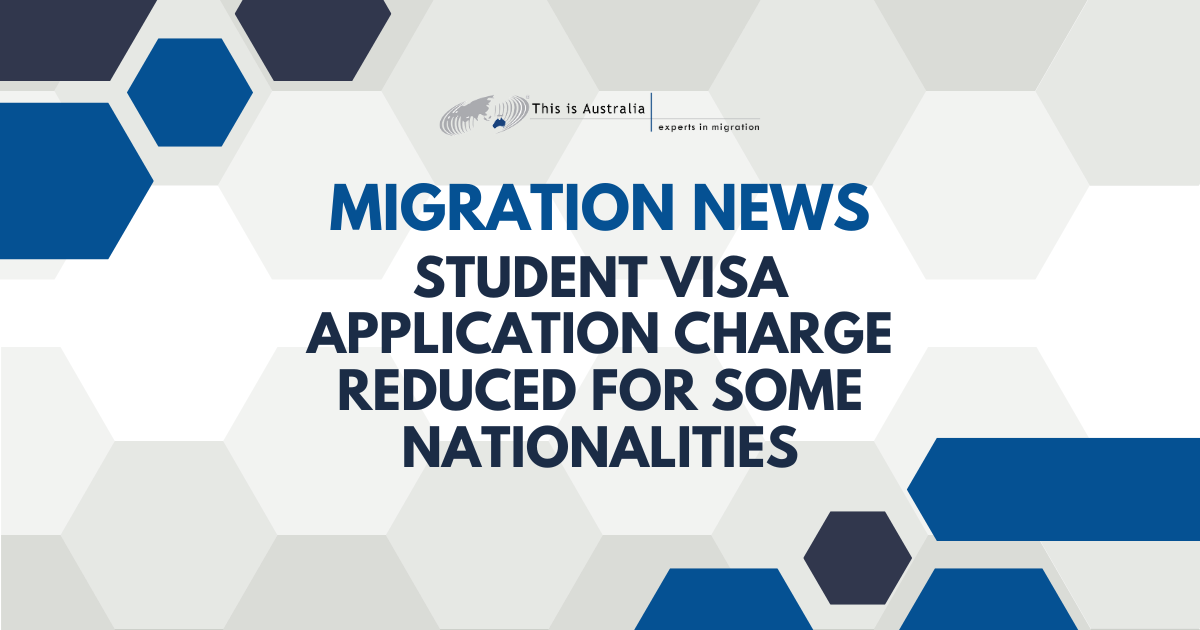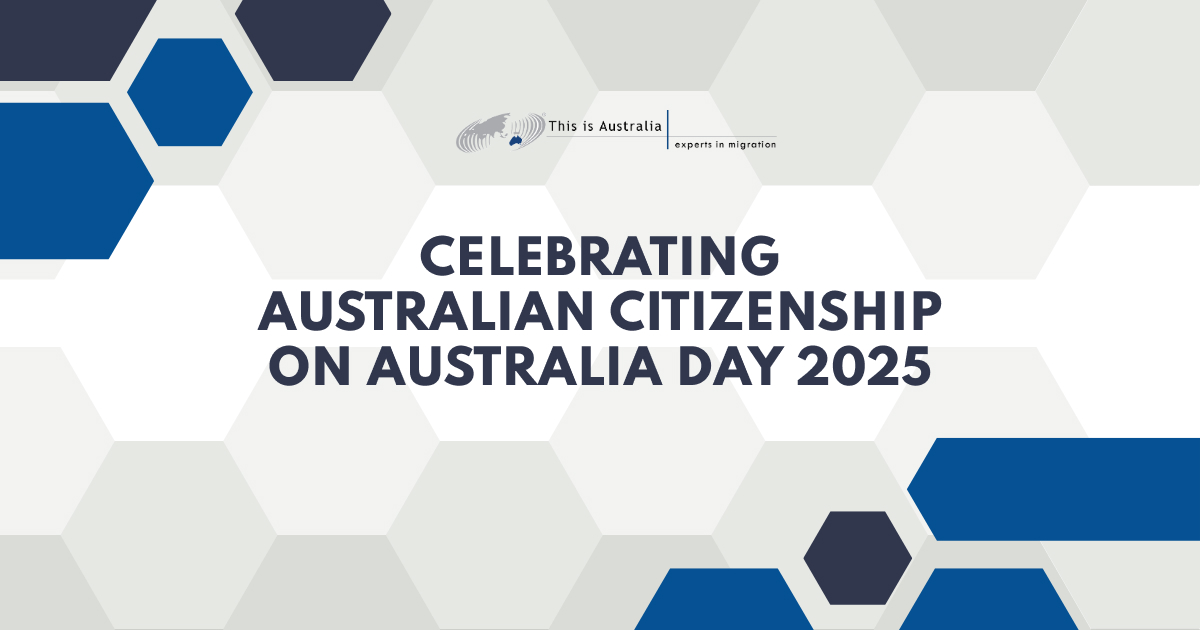Australia Announces 5.75% Increase in Minimum Wage
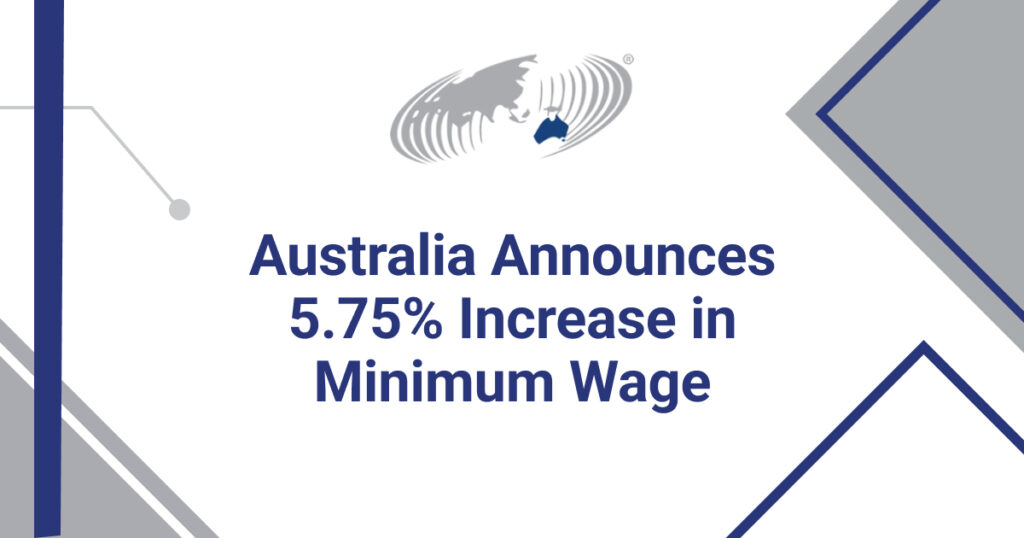
- The Fair Work Commission announced a 5.75% increase to the national minimum wage and minimum awards rate.
- The increase will be about $46.70 per 38-hour week, lifting wages to about $22.61 per hour or $859.32 per week.
- Any changes are likely to take effect from the first pay period on or after 1 July 2023.
- The change will impact about 2.67 million of the lowest paid Australians.
- The increase will help catch up to rising inflation and cost of living expenses.
Benefits for Low-Income Workers
A 5.75% increase in the minimum wage presents an opportunity for low-income workers to enjoy a greater level of financial security. This increase in income will allow these workers to pay for necessities such as food, housing, and transportation.
This increased level of financial security can provide low-income workers with the ability to save for future goals such as college tuition, retirement, or a down payment on a home. Higher wages can also decrease employee turnover and improve job satisfaction, leading to increased productivity and higher quality of work.
The increased minimum wage can help reduce the number of people living in poverty, as it gives them increased access to resources that can help them become more financially independent. This can also have a positive effect on the overall economy, as it can encourage consumer spending and reduce the need for government aid.
Higher wages can also lead to an increase in tax revenue for the government, which can be used to fund public projects and services.
Impact on the Economy
The increase in minimum wage has the potential to significantly impact the nation’s economy. It is likely that the increased wages for the lowest-earning workers will stimulate consumer spending, as individuals will have more disposable income that they can use to purchase goods and services.
This, in turn, could lead to higher economic growth as businesses respond to increased demand by expanding their operations and hiring more workers. On the other hand, the higher labor costs associated with the wage increase could cause businesses to cut back on their labor force or pass on the costs to consumers in the form of higher prices for their products and services.
This could lead to a decrease in demand, which could result in lower economic growth. The effect of the wage increase on the economy will depend on how businesses respond to the increased labor costs.
The increase defied market expectations of a 5 per cent boost and it is also above the 5.25 per cent midpoint between the 7 per cent increase the Australian Council of Trade Unions wanted and the 3.5 per cent rise employers called for.
Embrace a More Secure Future
It is estimated that the increase in Australia’s minimum wage will provide a boost to the economy. The wage increase will also benefit low-income workers, providing them with increased purchasing power and helping to reduce poverty levels. This wage increase is a crucial step in creating a more equitable society and a stronger economy. The increased minimum wage will be a key factor in improving the standard of living in Australia.
Take advantage of Australia’s increased minimum wage and unlock new opportunities for yourself. Make a booking with This is Australia to discuss how these changes can positively impact your future.

